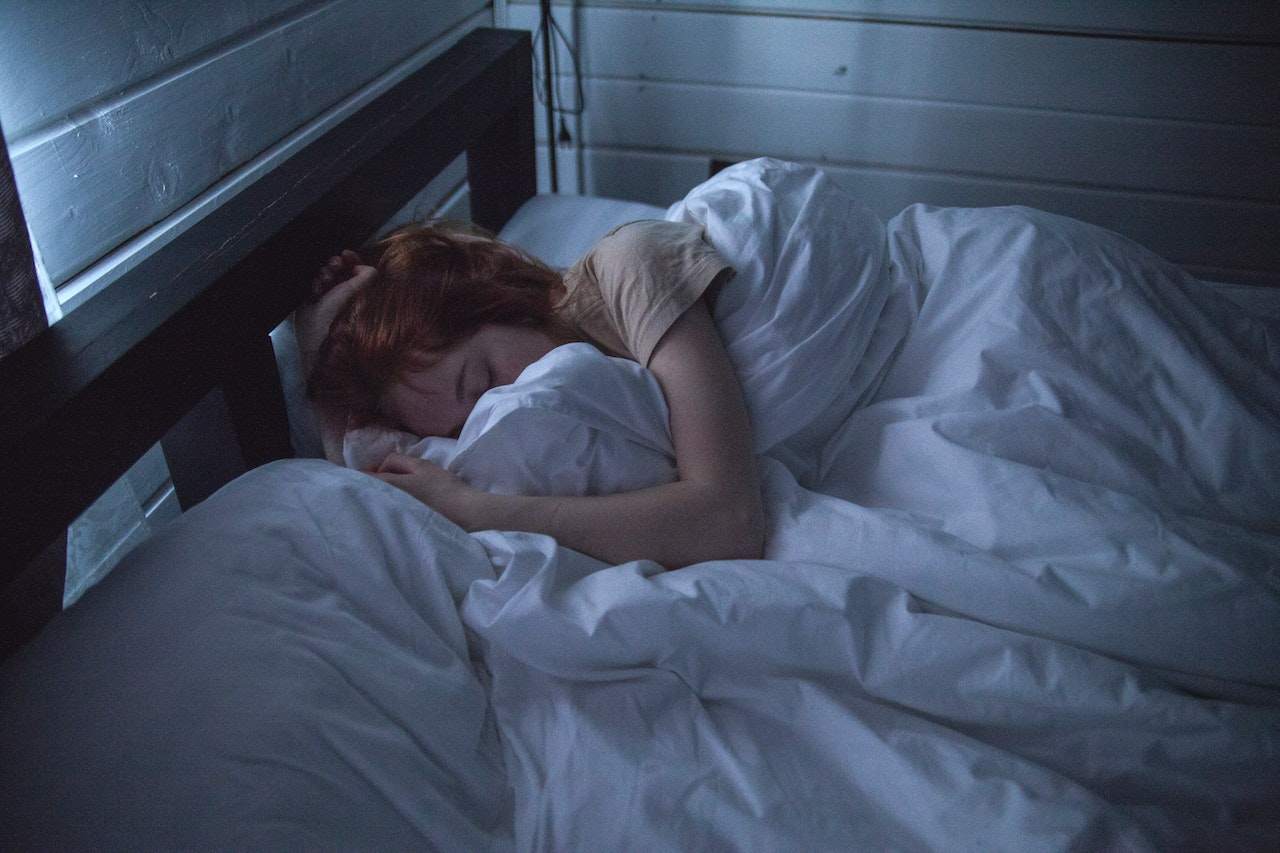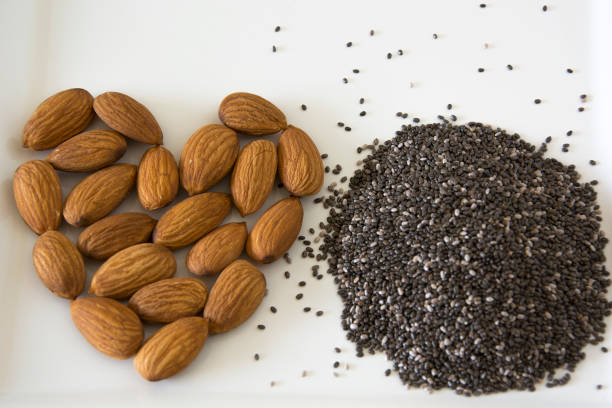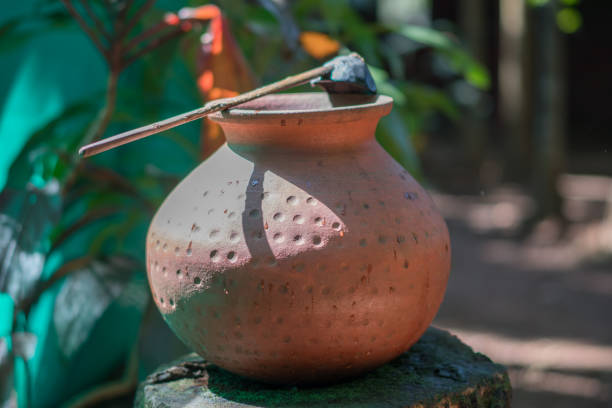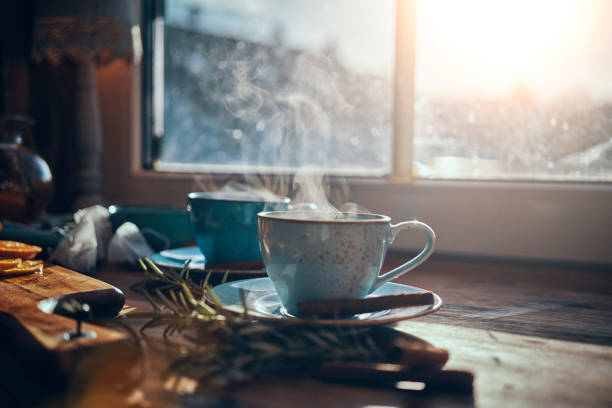Contents
Chances are, you’ve heard hundreds of jokes and comments about snoring in your lifetime. When someone snores loudly and constantly, they’re often the subject of humorous conversations. But this behavior can mean there’s a dangerous problem going on.
Snoring is of the main symptoms of a serious health problem called obstructive sleep apnea (OSA). When you have OSA, you stop breathing multiple times in your sleep because your airway is blocked.
You “wake up” long enough to unblock the problem subconsciously. You likely never feel rested, and you have other side effects that interfere with your daily routines. Although it can be treated with a simple oral appliance, you can’t get help if you don’t know there’s an issue.
Without the complaints of people around you, you might not realize you have this life-threatening condition. But if you’ve been diagnosed with OSA, or you think you might have it, one of these appliances could be an effective way to treat it.
-
CPAPs
The primary treatment for obstructive sleep apnea is a CPAP machine. Short for continuous positive airway pressure, this machine blows air into your airway through a mask or tube.
This therapy ensures that your airway stays open the whole time you sleep, even when your body isn’t actively involved. However, as effective as this method is, many people can’t tolerate the mask or tube. When a CPAP isn’t an option, oral appliance therapy is the next best choice.
-
Occlusal Guards
Sleep apnea is often caused by physical factors, like your tongue falling back into your throat and blocking the airway or a jaw that’s too small. An occlusal guard, worn while you’re sleeping, keeps your tongue in place and can push the lower jaw away from the airway.
Occlusal guards are linked to other benefits for OSA treatment, too. When you wear this oral appliance consistently, you should have fewer apneas (pauses in breathing) and hypopneas (shallow breathing). Because there aren’t any lapses in circulation due to stopped breathing, your blood oxygen levels improve, which impacts your overall health.
As a bonus, your snoring decreases; if you do snore, it shouldn’t be as loud as before wearing the device. You’re not waking up to restart your breathing, either, so you’ll notice your daytime fatigue disappearing with regular use of the occlusal guard.
Using a mouth guard for sleep apnea is safe and effective. However, you might notice some side effects for the first couple of months as you get used to the appliance. Common side effects include dry mouth, irritated gums, drooling, headaches, sensitive teeth, and TMJ (temporomandibular joint) discomfort.
If these problems are severe or don’t reduce with time, talk to your doctor about them. It could mean that the fit of your occlusal guard needs adjusting.
-
Tongue Retaining Devices
As mentioned earlier, your tongue could be causing the obstructive sleep apnea that you’re suffering from. Occlusal guards are helpful, but if your issue is more severe, you may need a tongue retaining device.
Also called a tongue stabilizing device, this oral appliance looks tiny but acts mighty. You position a little piece of plastic on your lips, similar to an infant’s pacifier. It even has a little hole in it where you insert your tongue, but this design is strategically created to stop you from choking yourself in your sleep.
The hold holds your tongue in place, preventing it from rolling back and blocking your airway. It’s not nearly as distracting to your sleep as a CPAP machine might be, but it doesn’t help if your jaw is causing the problem.
Occlusal guards can be custom-fit by your dentist, or you can get yours made through an online dental professional lab. Tongue stabilizing devices aren’t as easy to get access to. They must be recommended and fitted by a medical professional. Your primary doctor, dentist, or sleep apnea specialist can prescribe this appliance for you.
Conclusion
Sleep apnea is a serious condition that shouldn’t be ignored, so if your significant other is complaining about your snoring, don’t laugh it off. Check with your doctor to see if you have OSA; if so, one of these appliances could be your lifesaver.




